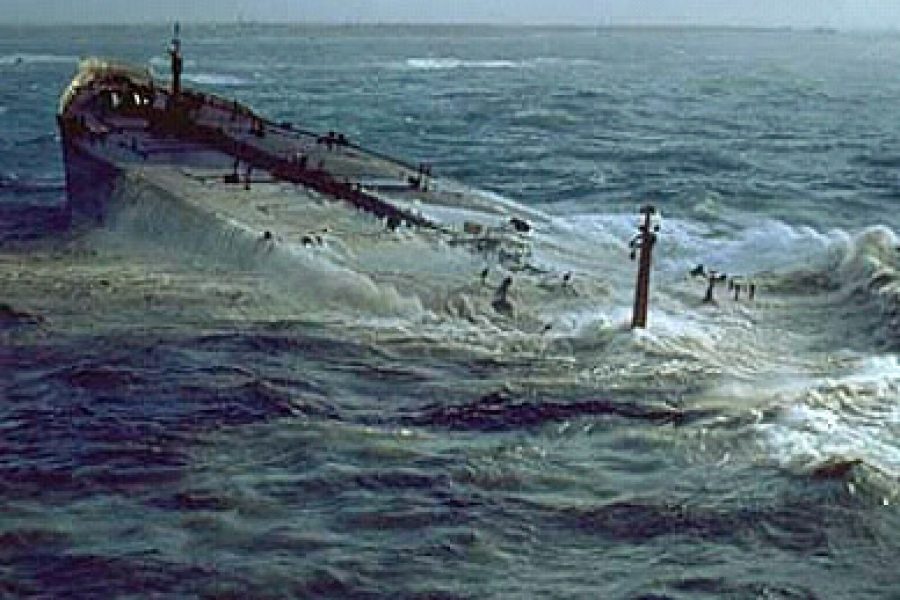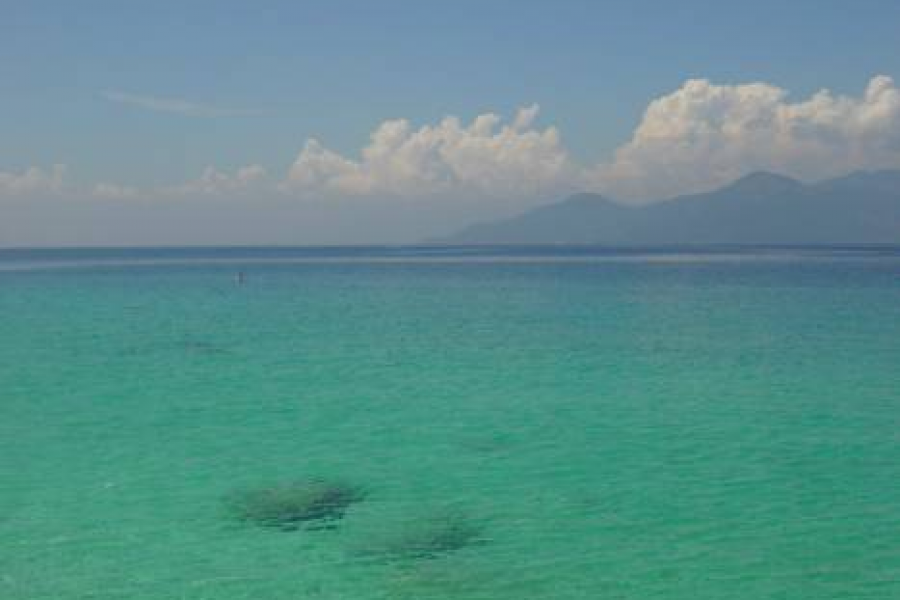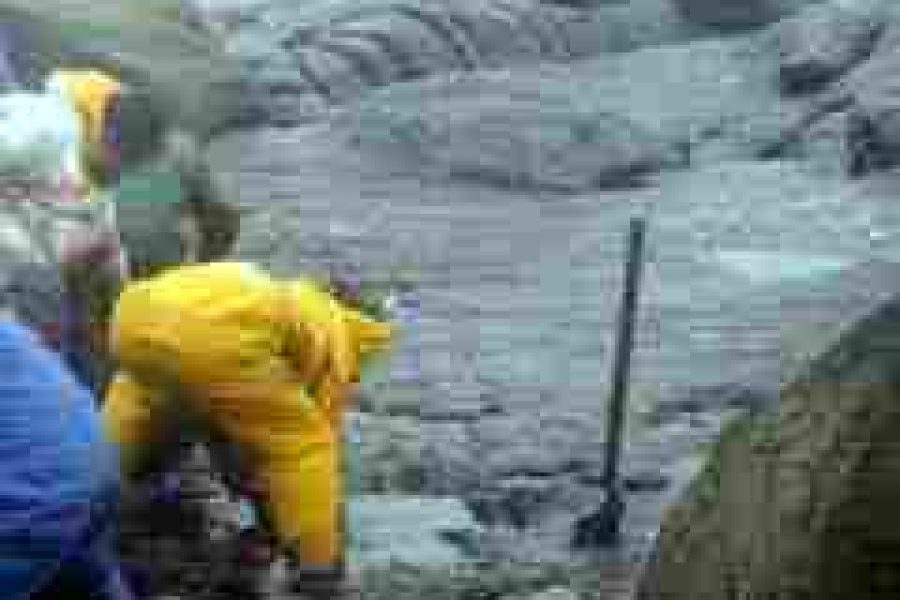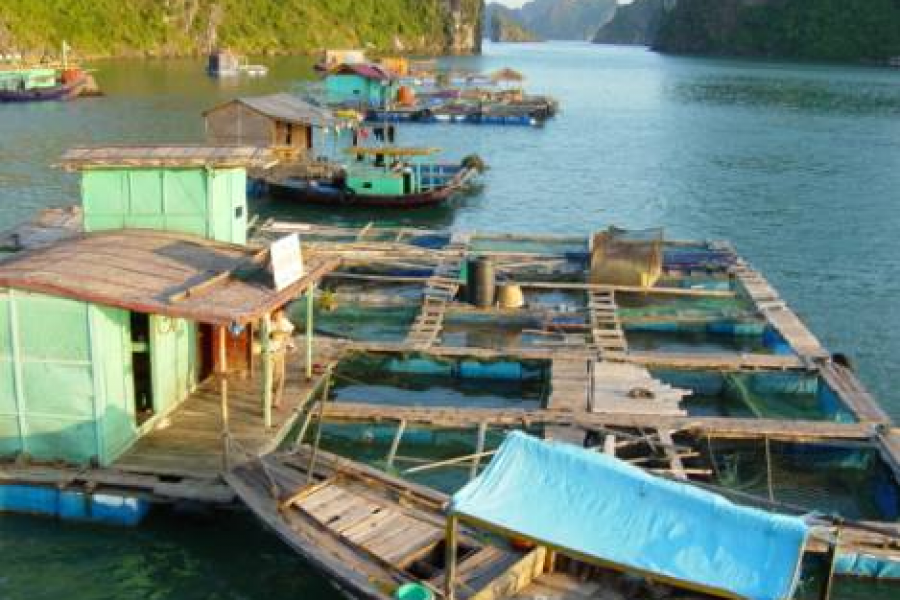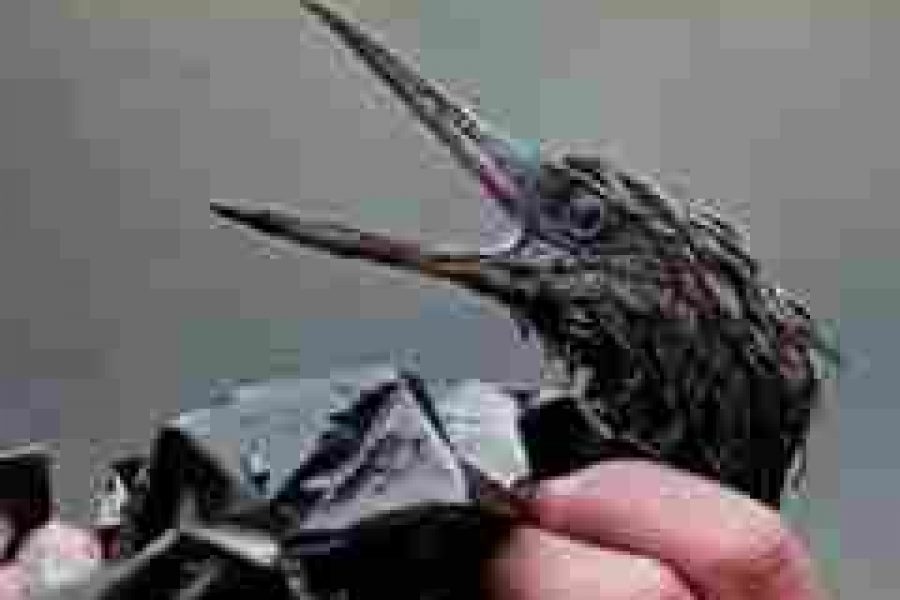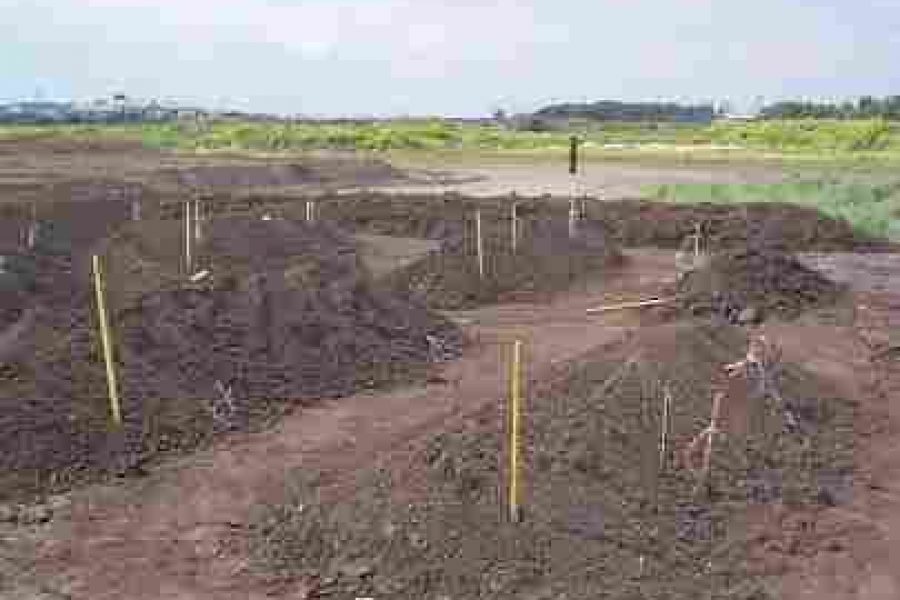BIOREM - Bioremediation of oil spills in Vietnam
Development of guidelines for bioremediation of shorelines contaminated by marine oil spills, for Vietnam, including a workshop and a training course whose results are disseminated and integrated into curricula
Project duration: June 2004 – May 2005
Background
The ocean is an essential part of our life-support system and is integral to the functioning of the biosphere. The prevention and adequate combat of deliberate and accidental oil spills is of utmost importance as these cause sudden extreme impacts having catastrophic local and regional consequences for the ecology and economy. With rising environmental awareness marine pollution from waste and chemicals has become increasingly recognised by governments, institutions and the general population as being a severe problem over the last decades.
A big oil spill would have a devastating effect on Vietnam. Vietnam has about 3000 km of coastline with a rich bio-diversity and unique ecosystems, including tropical rainforests, mangroves and marine coral formations, etc.. If a large oil spill occurred which could easily contaminate hundreds of kilometres of coastline (as just recently experienced with the “Prestige” incident) this ecosystem would become seriously threatened or even destroyed. Furthermore, it would cause a serious impact on Vietnam’s sea-based economy. Aquaculture, fisheries, tourism, maritime transport and oil/gas in total provide 40 % of Vietnam’s GDP, 50 % of the annual national export value and jobs for more than 10 million people.
It has been widely established that effective and efficient response to oil pollution comprises a wide range of aspects such as direct combating measures, the provision of equipment and training, experienced experts, clear decision-making structures and diverse available competences, information and cooperation. Also the treatment of pollution waste needs consideration at an early stage as the type of recovery, containment and temporary storage should already take into account the treatment option. Generally thermal and biological treatment options are viable for oil contaminated sand, soils and sediments. Biological treatment or “bioremediation” , either insitu (= not excavated) or exsitu (on site or off site) can be the optimal solution in many contamination cases. Bioremediation has a great potential, especially in countries like Vietnam, as only low investment and operational costs are needed. It can be used in a decentralised way and for small as well as large quantities of waste. The climatic conditions in Vietnam favour bioremediation.
The application of bioremediation, which is a complex biological process, needs guidance, especially for being prepared in emergency situations where technology, know-how and organisational structures need to be readily in place, to reduce the danger for humans, eco-systems and infrastructure. The guidelines “Bioremediation of oil spills in Vietnam” which will be developed in this project will contribute to being prepared.

The project BIOREM (Bioremediation of oil spills in Vietnam) is an EU-supported joint project within the Asia Pro Eco Programme. The purpose of this project is to promote effective and efficient oil spill response and contingency planning specifically for Vietnam, in particular decision-making on and implementation of bioremediation of contaminated shorelines. This will be done by the development of guidelines, which will consider the specific environmental, technical, economic, socio-cultural and legal framework conditions in Vietnam. A workshop and a training course will be carried out to further develop the guidelines and to train professionals.
The project is carried out by an international consortium from Europe and Vietnam, consisting of 8 institutions (project partners).
Objectives
- Development of guidelines The specific objective of the project is to develop practical oriented guidelines, specifically for Vietnam, on decision-making and implementation of exsitu- and insitu bioremediation of contaminated shorelines. The guidelines will integrate all relevant aspects, incl. environmental, technical, economic, socio-cultural and legal framework conditions.
- Development of training material The resulting guidelines will be the basis for the development of a practice oriented training module on response to oil pollution and the application of bioremediation to marine oil spills in Vietnam. The results will be integrated into the curricula of the participating universities. The training module will enhance the career prospects of the Vietnamese and European students. They will be equipped with practical and up-to-date knowledge and skills which they can apply in their future professional activities. Furthermore they will benefit from the integrated approach: technical, economic, ecologic, socio-cultural aspects will be equally considered.
- Workshop The guidelines will be discussed, further developed and evaluated by a joint European/Vietnamese Workshop with an interdisciplinary circle of Vietnamese decision-makers and stakeholders who are directly and indirectly involved in response to oil pollution, bioremediation and coastal zone management.
- Training course A 2-4 day training course will be carried out, to train professionals in understanding the scope and the application options of the guidelines.
- Dissemination The resulting guidelines will be widely disseminated e.g. free of charge worldwide via this project website (Results & Downloads). The guidelines will be transferable to other Asian countries with similar framework conditions. Its principles will be applicable worldwide.
- The project will promote environmental awareness and a cleaner Vietnam by contributing to effective and efficient response to oil pollution and contingency planning in Vietnam by providing guidelines and training.
- The project will contribute to the promotion of bioremediation which is, in many cases, a cost-effective and environmentally sound treatment option for contaminated sand, soils or sediment.
- The project will contribute to facilitating networking, collaboration and cooperation between stakeholders in Vietnam and at an international level with European experts, by the transfer and exchange of knowledge through networked experience within the field of response to oil pollution and bioremediation.
- The project will contribute to the promotion of an integrated planning, integrated coastal zone management and integrated waste management by considering specific treatment and utilisation paths for waste (e.g. contaminated sand), as well as socio-economic, environmental and health and safety aspects, when deciding on how to deal with oil pollution waste.
- The project will contribute to a further integration of international aspects into higher education, in particular in environmental (or related) degree courses. This will contribute to the qualification of young professionals facing an increasing globalisation in terms of markets and careers.
Project partners

Bremen University of Applied Sciences, Germany – project co-ordinator
Dr. rer.nat. Martin Wittmaier
Institut für Energie und Kreislaufwirtschaft an der Hochschule Bremen GmbH
Tel.: +49 (0) 421 5905-2311
Fax: +49 (0) 421 5905-2380
E-mail: wittmaier@hs-bremen.de
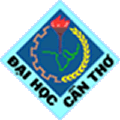
Can Tho University, Vietnam
Dr. Do Ngoc Quynh
Tel.: +84 (0) 71 834539
Fax: +84 (0) 71 831115
E-mail: dnquynh@hcm.vnn.vn

Hanoi University of Science, Vietnam
Prof. Dr. Nguyen Thi Diem Trang
Tel.: +84 (0) 4 5581226
Fax: +84 (0) 4 8583061
E-mail: ntdtrang@hotmail.com

Max Planck Institute for Marine Microbiology
Dr. Johanna Wesnigk
Tel.: +49 (0) 421 202 850
Fax: +49 (0) 421 202 8580
E-mail: Jwesnigk@mpi-bremen.de

Petro Vietnam Drilling and Well Service Company
Mr. Nguyen Trung Thanh
Tel.: +84 (0) 8 9142012 ext. 125
Fax: +44 (0) 8 9142021
E-mail: thanhnt@pvdrilling.com.vn
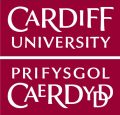
University of Wales, Cardiff, UK
Dr. CF Wooldridge
Tel.: +44 (0)2920 874830
Fax: +44 (0) 2920 874326
E-mail: wooldridge@cardiff.ac.uk
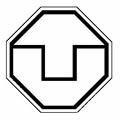
Technical University Dresden, Germany
Prof. Dr.-Ing. habil. B. Bilitewski
Institute for Waste Management and Contaminated site treatment
Tel.: +49 (0) 3501- 530030
Fax: +49 (0) 3501- 350022
E-mail: abfall@rcs.urz.tu-dresden.de
Prof. Dr. rer.nat. Peter Werner
Institute for Waste Management and Contaminated site treatment
Tel.: +49 (0) 3501-530020
Fax: +49 (0) 3501 -530022
E-mail: pwerner@rcs.urz.tu-dresden.de
Prof.Dr.rer.pol.habil. Hans Wiesmeth
Department of Economy Science, Professor for economics
Tel.: +49 (0) 351-463 34999
Fax: +49 (0) 351-463 37267
E-mail: Wiesmeth@rcs.urz.tu-dresden.de

Research and Development Centre for Petroleum Safty and Environment
Dr. Nguyen Duc Huynh
(Director of RDCPSE)
Tel.: +84 (0) 8 8993113
Fax: +44 (0) 8 8996008
Mr. Dao Duy Manh
(Manager of Environmental Dept.)
Tel.: +84 (0) 8 8996976 103
Fax: +44 (0) 8 8996008
Target groups & events
Target groups of workshop on “Guidelines for Bioremediation of oil spills in Vietnam” (course was held on 02 June 2005 in Ho Chi Minh City, Vietnam):
- high level decision-makers, stakeholders who are directly and indirectly involved in response to oil spill fighting, bioremediation and coastal zone management, etc.
Target group of training course “Bioremediation of oil spills in Vietnam” (course was held on 07 and 08 June 2005 in Da Nang, Vietnam):
- professionals (middle management) involved in response to oil spill fighting, bioremediation and coastal zone management, e.g. representatives of ministries, regional and local port/ marine transport/ fishing authorities, professionals of oil combating forces, scientists, engineers, administration.
Target group of guidelines on “Bioremediation of oil spills in Vietnam”:
- high level decision-makers, stakeholders involved in response to oil spill fighting, bioremediation and coastal zone management.
- professionals (middle management) involved in response to oil spill fighting, bioremediation and coastal zone management.
- undergraduate and postgraduate students
Courses of studies: environmental science and engineering, waste management, marine biological sciences, coastal zone management.
Results & Downloads
Funding
The Project was co-funded by the European Commission under the Asia Pro Eco Programme.
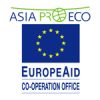
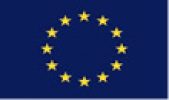
Institut für Energie und Kreislaufwirtschaft an der Hochschule Bremen GmbH
-
Neustadtswall 30
28199 Bremen
Germany - +49 421 5905-2326
- office-iekrw@hs-bremen.de

